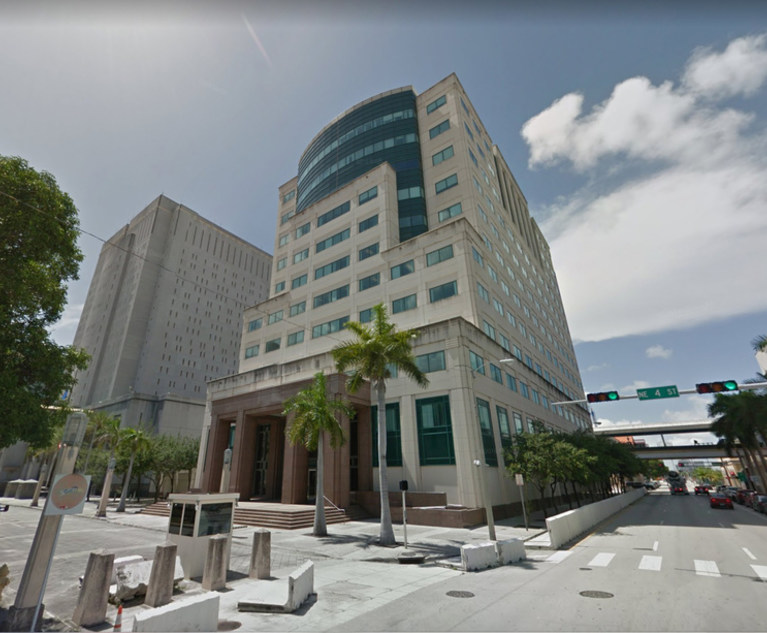Permissionless blockchains, like the one underlying the bitcoin payment network, were created to provide the public with transparency over transaction information and records. Attorneys draft arbitration clauses primarily to do the opposite. Public access prevailed in the Eleventh Circuit’s recent Leidel v. Coinbase decision, involving a dispute between aggrieved cryptocurrency investors and a money services business that converts fiat to and from crypto.
Given the staggering amount of money that has entered the industry in the last several years, coupled with underdeveloped regulatory guidance, crypto companies face an elevated risk of exposure to litigation. As a result, these companies increasingly rely on arbitration clauses in their terms and services to mitigate that threat. The Leidel decision highlights a potential pathway for aggrieved investors (crypto or otherwise) to avoid mandatory arbitration provisions by asserting claims that arise solely from duties owed by defendants under other duties imposed by law owed not only to the contracting parties, but also to third parties and the public.


 Justin Wales, left, and Todd Friedman, right.
Justin Wales, left, and Todd Friedman, right.




